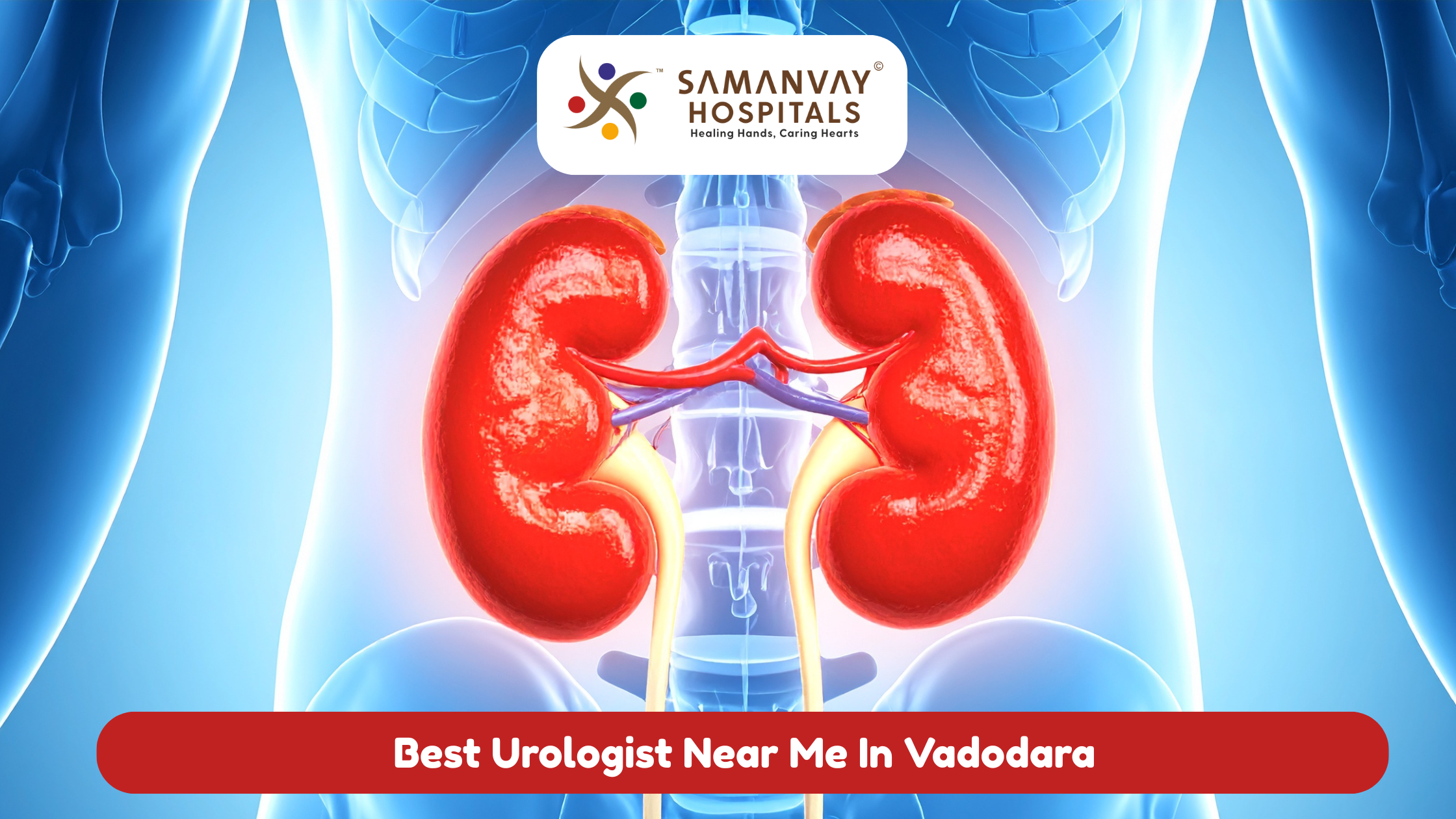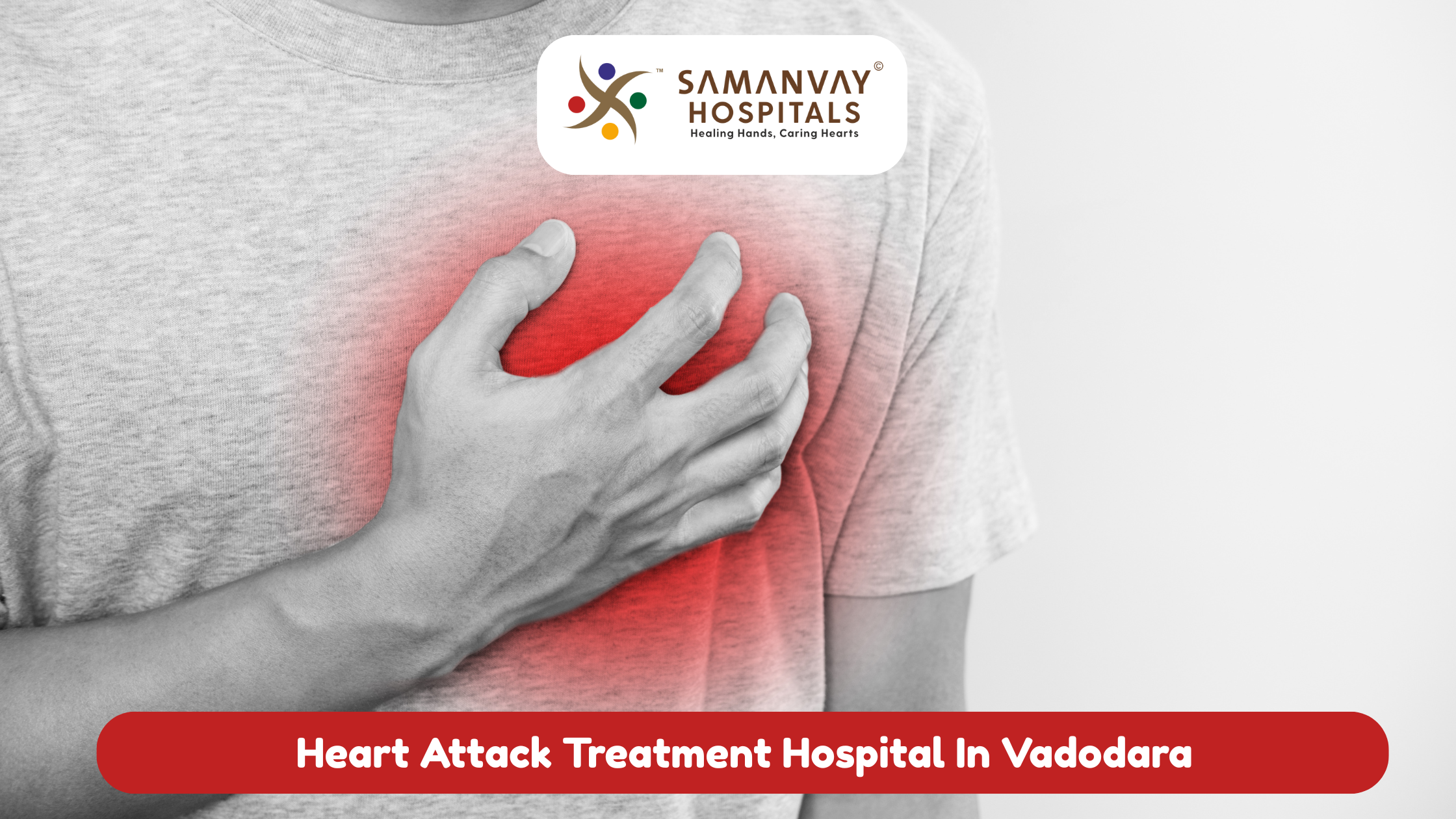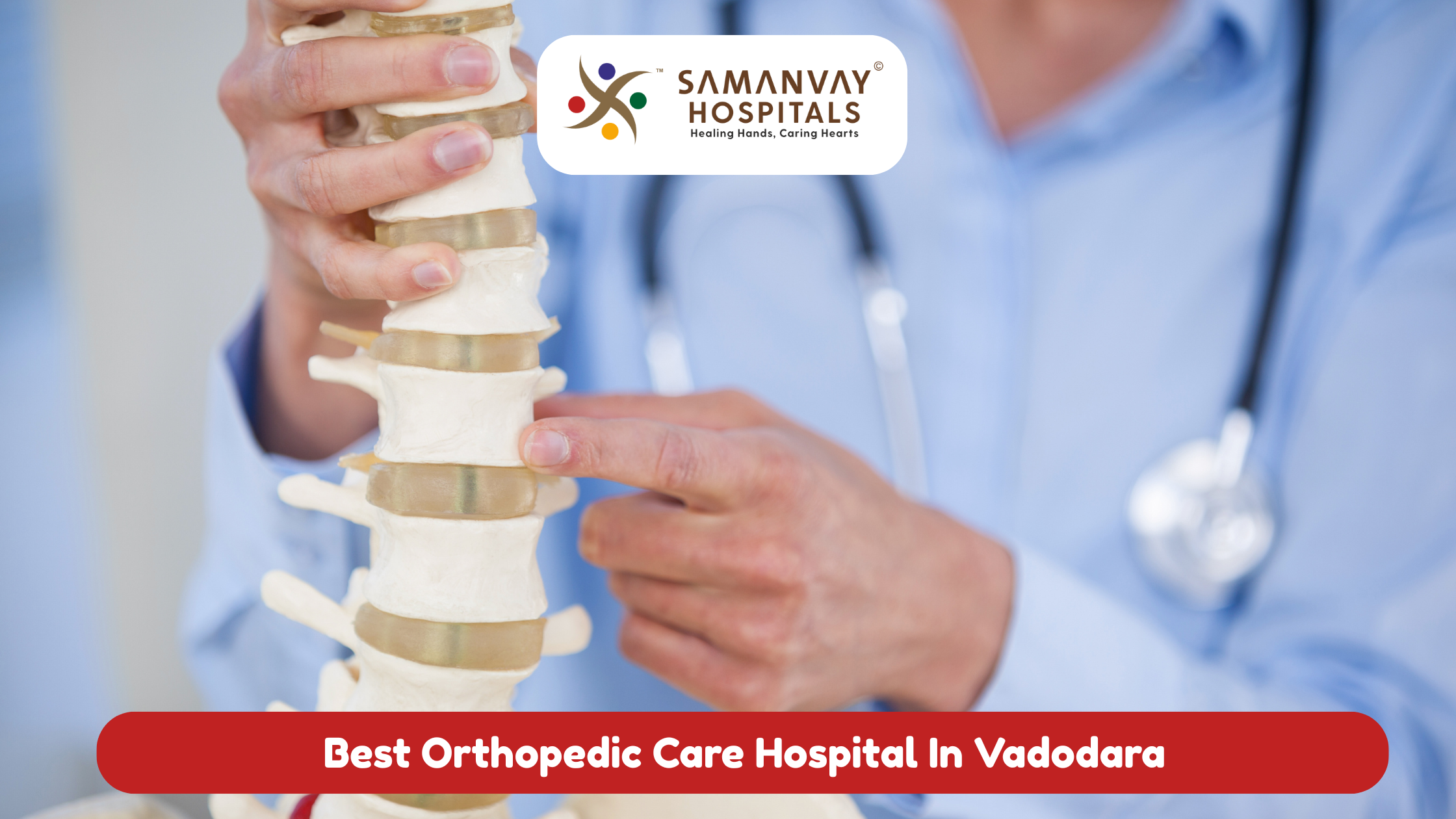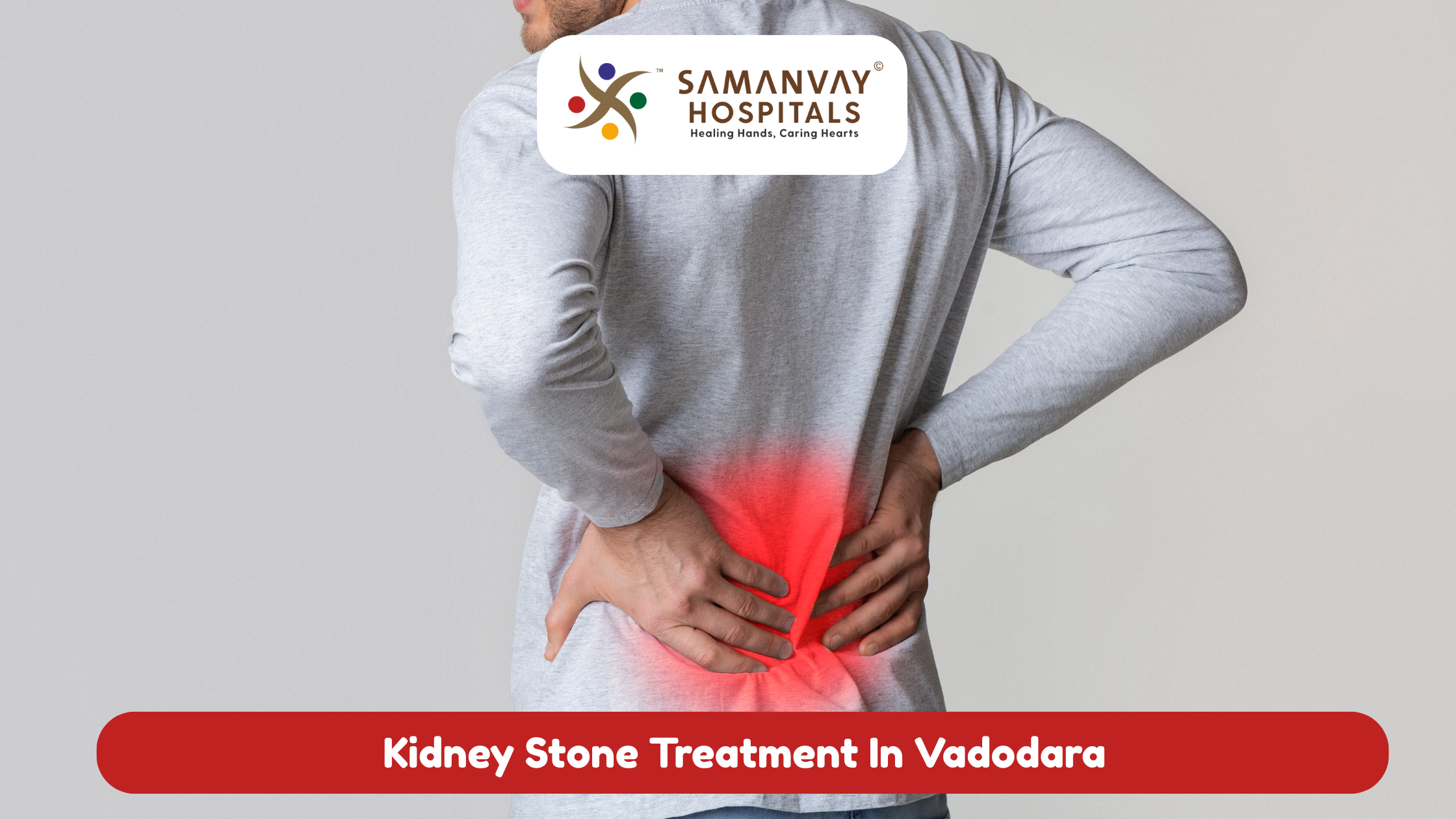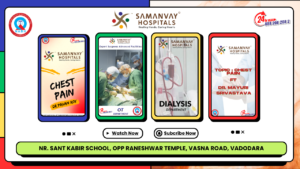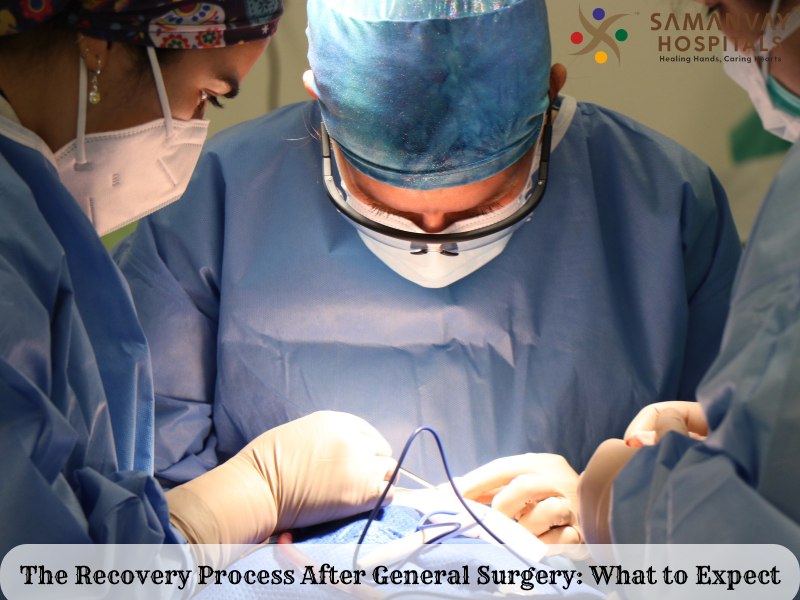
General surgery recovery can be overwhelming for many patients. However, if the mind is eased with knowing what to expect, you will stand a better chance. Each recovery process remains individualistic since it depends on the nature of the surgery and the overall health status of the patient. The better you understand the things that are going to happen, the more mentally and physically prepared you will be.
Immediate Post-Surgery Care
Right after surgery, you will be cared for in the recovery room. The nursing staff will keep an eye on your vital signs constantly. You would most likely feel drowsy from the anaesthesia. You might have some pain, but this is normal. Doctors will prescribe medication to prevent the pain.
Most patients end up in the intensive care unit hospital for close observation so that their body heals properly. Furthermore, the medical staff will ensure that at this crucial moment, nothing should be made worse.
Pain Management
Pains are felt after surgery, though they decrease with time. You will be provided with painkillers in the hospital to keep you comfortable. You should also observe the prescription by your doctor strictly. Inform the medical personnel whenever you miss pills. But whenever the pain becomes unbearable and very severe, let the medical team know immediately.
However, you shall be told what to do when you feel uncomfortable at home. Lastly, avoiding heavy activities and proper resting is to be done.
Resuming Movement
Now, after surgery, it’s very important to get moving as soon as possible. Doctors and nurses will be urging you to walk a little bit every day. It improves blood flow, could mean faster recovery, and can prevent blood clots; though, do not overexert in the first place.
Most general surgery hospitals, including that of General Surgery Hospital Vadodara, have a physical therapist to counsel patients. They will teach some simple exercises that would help speed up recovery.
Wound Care and Hygiene
Recovery will need proper wound care. Always follow the instructions given by your surgeon. Moreover, keep the wound dry and clean. In addition, change dressings often in order not to encourage infections. Although, try to avoid touching the wound unnecessarily in any way it may lead to complications.
If redness, swelling, or discharge happens, it is an obligation to visit your doctor immediately so that they may assess the situation and give the right treatment. Time heals all wounds, but in this case, keeping good hygiene helps in the speedy healing of wounds.
Diet and Hydration
Your diet will play an important part in healing post-surgery. It is also important that your diet is well-balanced and has enough vitamins and proteins. With this, all the nutrients needed to rebuild tissues and regain strength are provided to the body. Moreover, your body needs plenty of water for hydration. This helps flush out toxins or harmful effects caused by surgery, thereby helping in the healing process and your body recovering faster.
However, do not drink or eat too much or avoid junk food at all because this may prolong recovery time. A doctor, for instance, an internal medicine specialist Baroda, would be able to advise the best diet to follow in this period of recovery.
Emotional Recovery
This is just physical recovery. Well-being also consists of emotional recovery. Many patients get anxious or even depressed after the surgery. This is quite normal, but again, this must be taken care of as well. Furthermore, take the condition of anxiety and depression to your doctor and engage a practitioner or counsellor. Another good factor is communication with people, even with friends, and your loved ones also. So communicating with them can give emotional support in such times.
Moreover, stress can be reduced also by deep breathing or even meditation.
Watching for Complications
It is important to observe any complications from surgery. In most cases, recoveries are uncomplicated, but in a few patients, complications may be encountered. Seek out medical attention immediately for symptoms that present with bruising, swelling, or severe pain. Call your doctor if you notice any of the following symptoms.
Additionally, you may feel that you are struggling to breathe and you have chest pains, the result of beginning a blood clot. You should never hesitate to visit a doctor in case you encounter such symptoms. Your surgeon also will give you a list of specific signs for which you need to watch.
Follow-Up Appointments
Follow-up visits are very crucial to an easy and uneventful recovery. Your doctor will observe your condition and solve various problems. Therefore, they will continue to monitor any complications that might arise, such as infections and blood clots. So, never miss these visits.
During a follow-up, your physician may alter your drugs or prescribe some new treatments. Moreover, the follow-up is your time to seek answers to all of your questions and clarify your doubts.
Returning to Normal Activities
Some time will be required to get back into the routine schedule. Listen to your body and take things gradually. Don’t do too much lifting or activity too quickly. The doctor will advise on what should be done in terms of returning to normal activities after surgery. In some cases, full recovery may take weeks or months following the surgery.
Additionally, in the exercise, you should start with slight movements and stretches. They will loosen up the flexibility without straining your body. However, you should consult your health provider.
Final Thoughts
Recovery after general surgery does require a lot of patience and proper care. You will find things go quite smoothly with the help of your doctor and a step-by-step approach. You have to always take good care of yourself and seek redress for any issue right away. It makes no difference whether you are recovering in an intensive care unit hospital or at home; medical professionals and your family certainly ease out the journey.



